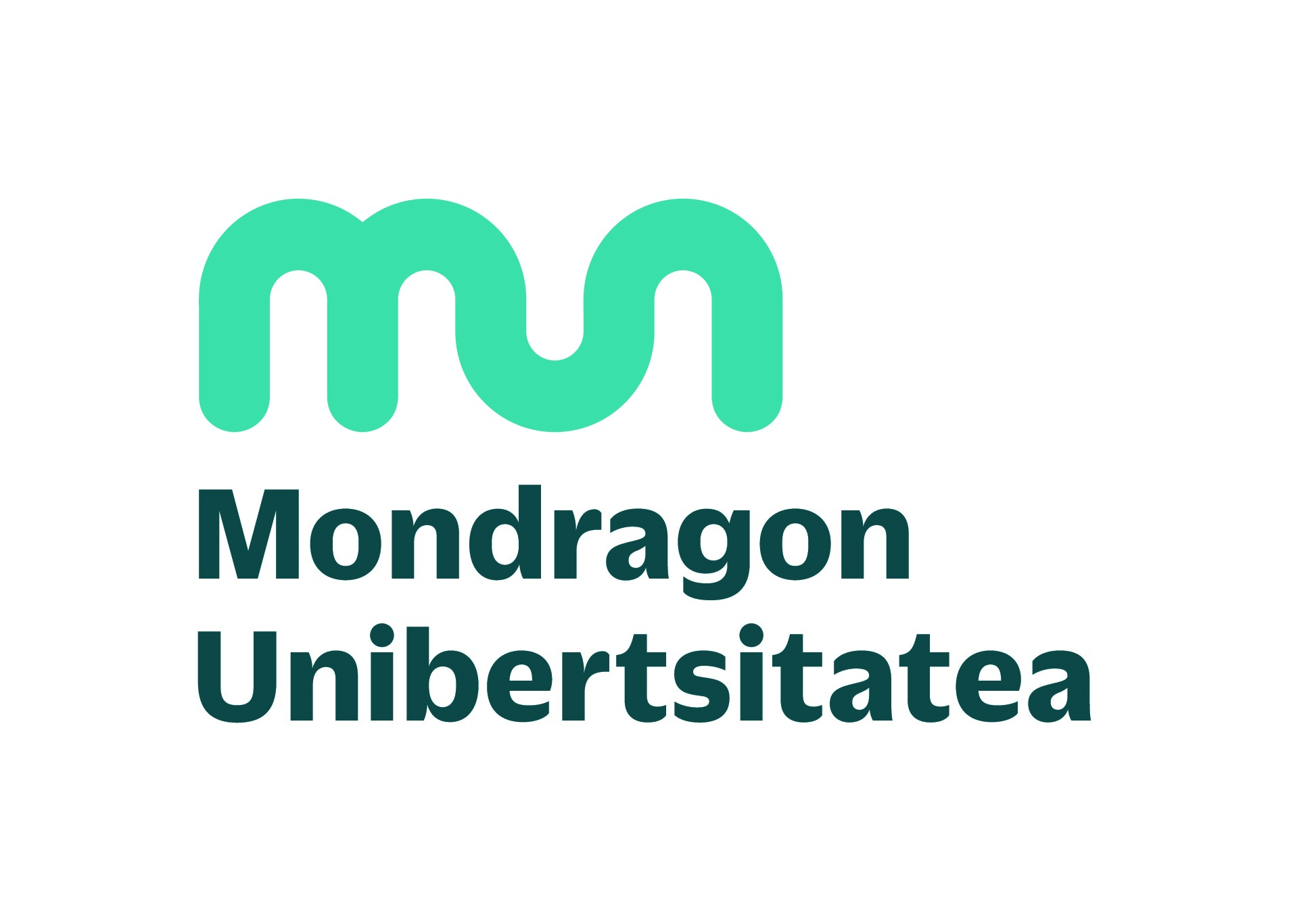NAME Zuntz-jarraizko konpositeen fabrikazio gehigarria

Berrikuntza irekia egiteko aproposa den aktibo bat da, non teknologiak (inprimagailuak, simulazio programak, materialen karakterizazioa) eta ikerlariak eskuragarri dauden bideragarritasun azterketak (material berriak, prototipoak, industrializazioa…) egin ahal izateko. Zerbitzua hiru arlo desberdinetan eskaintzen da: 1. Zuntz jarraizko konpositeak. 2. Infusio/RTM molde prototipoak eta tresneria. 3. Elektronika inprimatzea konpositeetan. Aktiboak sarera konektatuta egongo dira, prozesua simulatzeko programak lainoan baitaude, eta inprimagailuek urruneko kontrola baitute. Bestalde kontakturik gabeko termopareak (OS-MINIUSB-SN21, Omega Engineering) gehitu zaizkie pieza guztien tenperatura baldintzak neurtzeko.
MOST OUTSTANDING EQUIPMENT AND COMPONENTS
-
1 JCR 1000 (1000 mm × 600 mm × 600 mm) FFF
Manufacture of prototype moulds (Infusion, RTM...) and tools for composites. The versatility of the JCR 1000 (Sicnova) is based on its large printing volume (1000 mm x 600 mm x 600 mm) and the possibility of printing any type of plastic, since it is possible to modify/program all printing parameters. The production of moulds and tools using 3D printing considerably reduces, compared to conventional machining techniques, both development times and costs.
-
DMP-Precision Fluid Deposition
Printing of electronics (embedded systems) in composites. The third available technology, ink printing, allows electronic circuitry to be printed, so new functions can be integrated into the plastic/composite parts. In the case of co-printing with continuous fibre composites, embedded systems can be integrated to monitor the state of the component (Structural Health Monitoring, SHM) and/or communications (RFID, IIoT). In the case of moulds and tools, the co-printing of electronics will allow intelligent systems to be developed with a higher level of connectivity.
-
MarkTwo (1000 mm × 600 mm × 600 mm) FFF
Printing of continuous fibre composites. The MarkTwo (Markforged) allows you to work with continuous fibre composites (carbon, glass, Kevlar...) with high stiffness (40 GPa) and strength (700 MPa). The printing volume is 320 mm x 132 mm x 154 mm. Structural optimization based on simulations using finite elements method as well as topological optimization strategies, are the ideal complement for the development of new advanced products. In addition, non-conventional orientation (steered-fibers) can be obtained, ideal for inserts or complex geometry parts. There is also the possibility of testing new filaments for formulation optimization in order to manufacture and characterize their mechanical properties. Among the components that can be developed stand out the inserts that, when printing thermoplastic matrix composites, can be integrated into the plastic injection moulding process (over-injection).
SERVICES OFFERED BY THE ASSET
Collaboration and coworking
Collaboration and coworking
Demonstrators/showrooms of last generation additive manufacturing equipment and technologies
Demonstrators/showrooms of last generation additive manufacturing equipment and technologies
Design and printing of models, Jigs, prototypes and final parts
Design and printing of models, Jigs, prototypes and final parts
Development of new Materials
Development of new Materials
Education and training (Industry and Academy)
Education and training (Industry and Academy)
ENTITY MANAGING THE ASSET

Contact person:
Jon Aurrekoetxea Narbarte
jaurrekoetxea@mondragon.edu